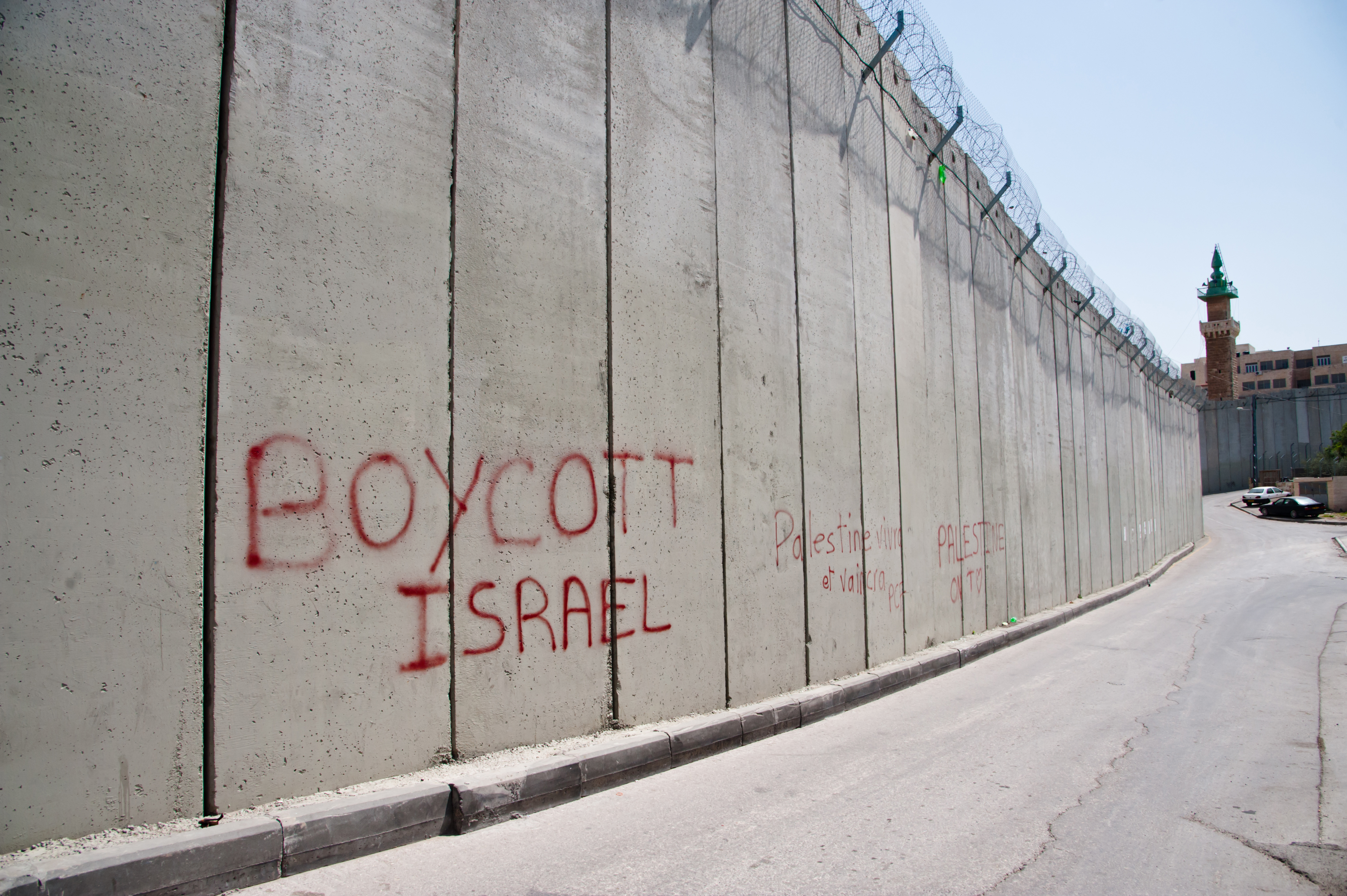Outraged by Israel’s continued bombardment of the Gaza strip, many Palestinian sympathisers both locally and abroad have turned to the Boycott, Divestment and Sanctions (BDS) campaign, to protest against Israel’s involvement in the conflict. Locally there have been numerous calls for South Africans to boycott Israeli products, currently being sold in the country.
The campaign has however been met with a degree of scepticism by some, with economist Dawie Roodt, doubting the effectiveness of the campaign. Speaking to VOC In the Fast Lane, Roodt said any sanctions that could successfully affect Israel’s economy, would need a broad based approach. This included a severing of trade relations, political pressure, as well as a complete cutting off of capital flow to the country.
“From our experiences in South Africa when sanctions were imposed on us, we were still trading, sometimes even with our enemies,” he explained.
“The only way that got South Africa economically on it’s knees, was when there was huge political pressure on the country, and when capital flows to South Africa essentially dried.”
Roodt stressed that any sanctions against a certain country could potentially damage the local economy as well, warning that it was a ‘two-way street’.
However, for those looking to observe a boycott, Roodt said it was relatively easy to determine whether the products people were buying were coming from Israel. This was particularly in the case of agricultural produce, where most products would list the country where it had been manufactured.
However, in the case of products like cars and computers, which were made up of hundreds of smaller parts, things got far more complicated.
“Some parts are actually manufactured in different places around the world. Sometimes the products themselves are also assembled in other parts of the world, and to really find out where it comes from is simply impossible,” he said.
He added that the best approach for those looking to observe the boycott was to conduct their own research on where the everyday products they used were coming from.
Addressing suggestions that certain barcode sequences could indicate a products origin, Roodt said there was some truth to that, but only to a certain extent.
He concluded that the most effective method people could take against Israel would be to put pressure on the political leaders, who in turn could apply pressure on the international community.
“That is the correct and the only real approach that will potentially have a significant impact on that specific country,” he said. VOC (Mubeen Banderker)






 WhatsApp us
WhatsApp us 

